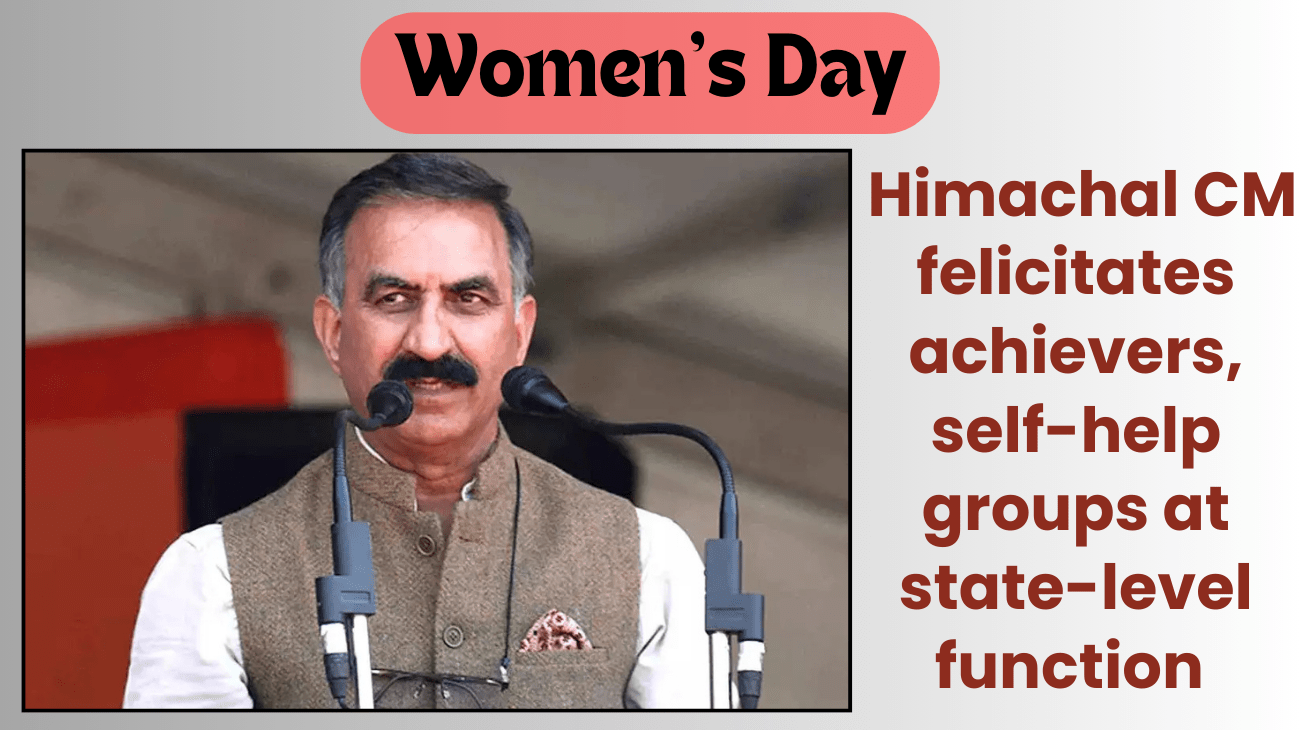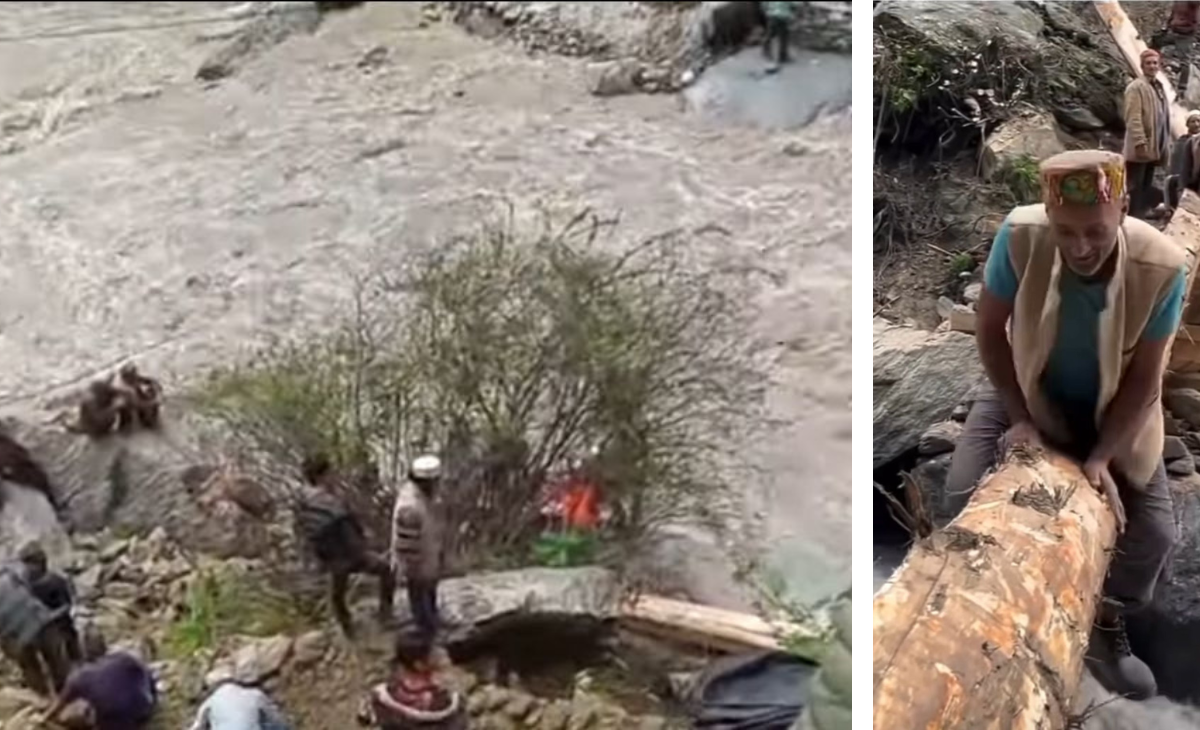Pallavi Sharma
Dharamshala: A crucial three-day spiritual conference has commenced at Dharamshala in Himachal Pradesh where the 14th Dalai Lama is holding in-depth discussions with senior monks from the four major Tibetan Buddhist traditions to deliberate on the future of his reincarnation and the continuity of the Dalai Lama institution.
The highly anticipated dialogue comes amid growing international interest and rising tensions, particularly as China continues to assert control over the reincarnation process of the next Dalai Lama. The current Dalai Lama has already made it clear in past statements that his reincarnation will not occur under Chinese control, but in a free and independent society.
2011 declaration reaffirmed: Only Dalai Lama’s office holds authority
In a statement resurfacing during the conference, the Gaden Phodrang Trust, the official office of the Dalai Lama, reaffirmed a declaration originally made on September 24, 2011. At that time, the Dalai Lama had addressed spiritual leaders, Tibetan followers both in exile and inside Tibet, and the broader global Tibetan community, raising the key question:
“Should the institution of the Dalai Lama continue?”
He had noted that as early as 1969, he had made it clear that the people themselves, especially those closely connected to the Tibetan tradition, should decide whether the Dalai Lama’s reincarnation should continue.
The current statement reaffirms that the institution of the Dalai Lama will indeed continue, following extensive requests and appeals over the last 14 years from Tibetan leaders, Buddhist communities across Asia, including Mongolia, Russia and mainland China, as well as from exiled Tibetan parliamentarians, NGOs and ordinary citizens inside Tibet.
Clear guidelines set for recognising next Dalai Lama
The statement emphasises that the responsibility for identifying and recognising the future Dalai Lama lies exclusively with the Gaden Phodrang Trust and no external entity, including any government, has the authority to interfere.
It outlines that the recognition process must be undertaken in close consultation with the heads of the four major Tibetan Buddhist schools, sworn spiritual protectors closely linked to the Dalai Lama lineage and historical traditions and established methods of reincarnation discovery.
“I reiterate once again that only the Gaden Phodrang Trust will have the sole authority to officially recognise any future reincarnation of the Dalai Lama,” the Dalai Lama had declared in 2011.
China’s interference rejected
The discussions also serve as a firm rebuttal to China’s recent efforts to control the narrative around the succession of the Dalai Lama. In past years, Beijing has attempted to claim the right to select the next Dalai Lama, a move seen by the Tibetan diaspora and international observers as a direct violation of religious freedom and traditional practices.
With the Dalai Lama now approaching 90 years of age, this conference and the reaffirmed 2011 guidelines are being seen as a historic step toward preserving the spiritual integrity and autonomy of Tibetan Buddhism.






